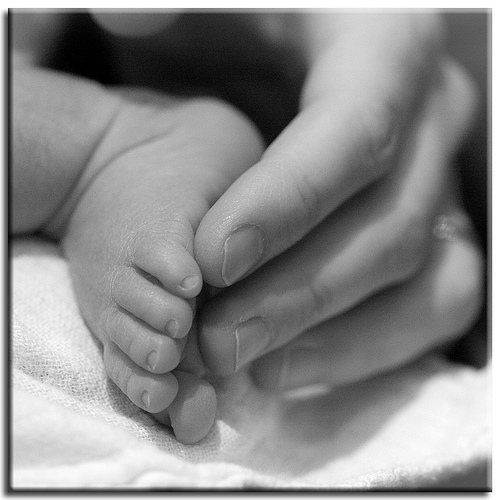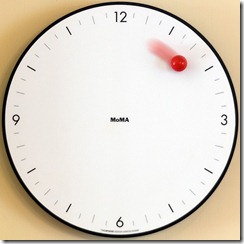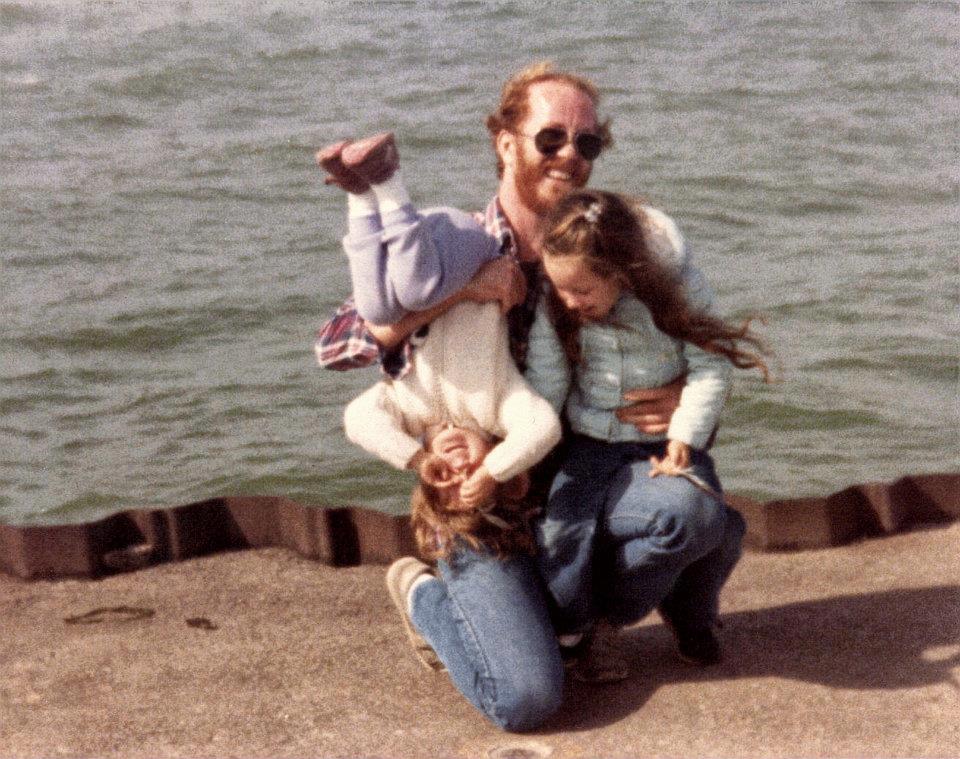I am participating in the 2012 Wordcount Blogathon, which means one post every day for the month of May.
I am also part of a Mental Health Month blog party that’s happening today.
When I landed in Canada almost twelve years ago, the news waves were buzzing with an unfolding tragedy. A young woman, caught in the grip of postpartum depression, had launched herself into the path of an oncoming subway train while holding her weeks-old baby daughter. The baby had died instantly, while the mother hung on in hospital, never regaining consciousness, before she died several weeks later.
The public, including, I confess, myself, practically fell over themselves in their haste to judge this woman for killing an innocent child. Like many people, I was operating under the smug self-righteousness of someone who’s “never been there”. I didn’t have children at that time, therefore I had never experienced postpartum depression. Although I was very familiar with regular depression, and had frequently thought self-destructive thoughts, it had never stretched to me being at risk of hurting another person.
As much as people wanted to be judgmental, there was one particular element of this story that bothered me a great deal. The woman had sought help for postpartum depression and not received it. She had reached out, hoping someone would grab her hand and save her from drowning. In the aftermath of the tragedy, no-one was saying, “If only I had known,” but a number of people were saying, “If only I had helped.”
Back then, postpartum depression was not really taken seriously. People associated it with mothers who killed their children, mothers who were dubbed as “monsters”.
I got hit with a hefty dose of reality when postpartum depression settled over me like a heavy, oppressive blanket after the birth of my second child. I realized that I had been so wrong about this condition, and that its manifestations are as unique and varied as the individuals who suffer from it.
The media, being the media, tends to sensationalize tragedy, and tragedy resulting from postpartum depression is no exception. In the absence of other information, other sources of awareness, is it any wonder that the unknowing public would associate postpartum depression with the killing of babies? That’s what the media has taught society, and it’s not exactly a subject that the average person is going to go and Google.
Media treatment of postpartum depression, along with the resulting generalizations that people make about it, are largely responsible for the fact that many women are too ashamed and scared to seek the help they need. I myself did not seek help, and in fact I would never have been treated had my doctor not noticed that something was way off during a visit for a foot complaint.
There is a great deal of stigma surrounding mental illness in general, and postpartum depression in particular takes a big hit of it. The women who fall victim to it are dealing with so much more than depression. They are also feeling intense guilt and the sense of being “abnormal”. I mean, you have this gorgeous new baby who is supposed be a source of great joy and immeasurable love, and the whole thing has turned into a pear-shaped nightmare. The moms also feel fear that is beyond words. They are terrified that during some moment of insanity, they will hurt their children. They want to die just to save their babies from being raised by terrible mothers.
I could quote numbers at you. I could tell you how many women suffer from postpartum depression in Canada, the United States, and internationally. But whatever numbers I gave you would be completely meaningless. They would not include the scores of women who do not seek help, receive a diagnosis, or get treated.
If I was in charge, postpartum depression information would be included in the education packages that are given to new mothers, whether they are having their first, second or tenth child. When the hospitals handed out their leaflets about breastfeeding and developmental milestones, they would also be handing out information sheets about postpartum depression, along with fridge magnets printed with the telephone number of a crisis line.
The new mother’s partner, or some other designated support person, would be educated on the signs of postpartum depression. They would be taught what warning signs to look for, and what to do if they saw them.
If I was in charge, mothers would be regularly screened for postpartum depression for up to two years following the births of their babies – because it can take that long to strike.
There would be public awareness campaigns. The media would devote more attention to postpartum depression as a genuine medical issue to be handled with caring and compassion. They would stop the practice of only giving this condition the time of day in the wake of tragedies.
In my perfect world, women are not blamed for having this debilitating and often life-threatening condition.
They are helped through their times of terrible darkness, and they emerge bright and beautiful, like butterflies from a cocoon, and they enjoy rich, fulfilling lives filled with the laughter of their children.













